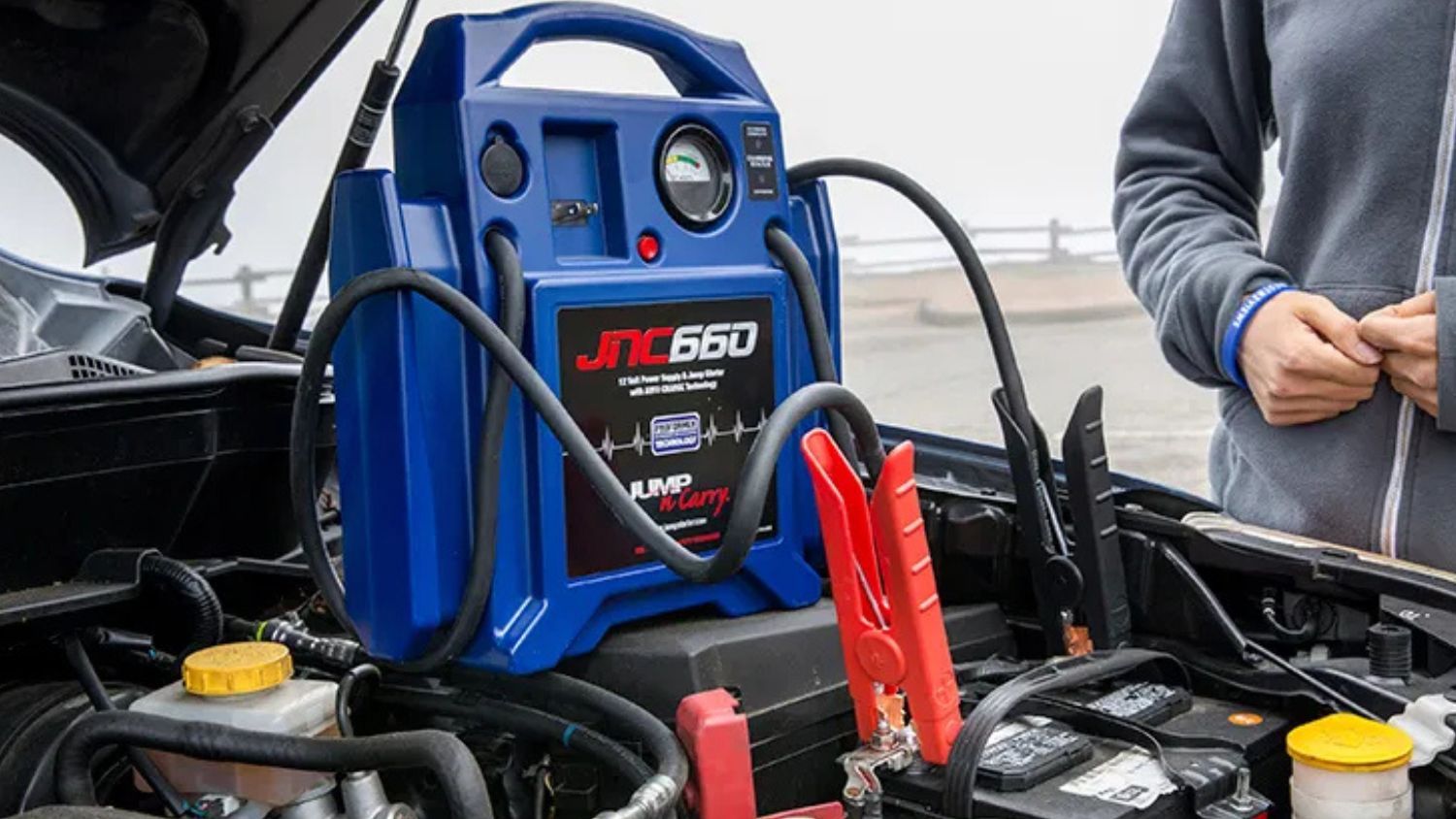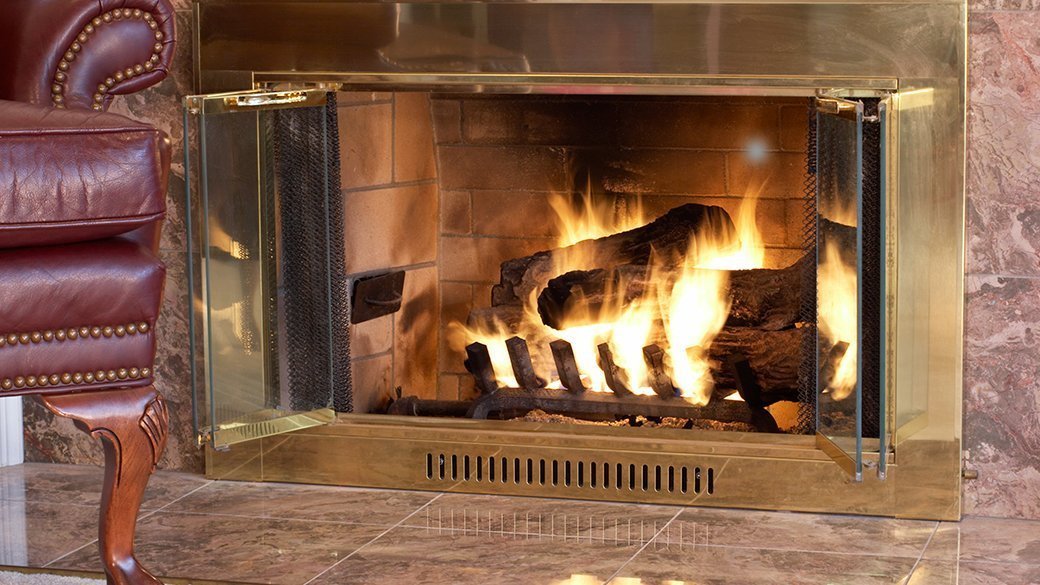GRAND RAPIDS, Mich. (WOOD) — City officials in Grand Rapids and Kalamazoo are reminding residents and businesses to keep their sidewalks clear.
GRAND RAPIDS
Within 24 hours of a snowfall, property owners in Grand Rapids must completely clear all ice and snow from the sidewalks adjoining the property.
When the city gets a complaint about a snowy sidewalk, it will mail a notice to the property owner or post the notice on the property. And if the sidewalk hasn’t been cleared 48 hours after the notice, the city says its contractor will do the work and send the property owner the bill: $183 for the first 15 minutes, then an extra $44 for every additional 15 minutes.
The city says it’s important to keep the sidewalks safe for kids, neighbors and postal carriers.
“Promptly clearing snow and ice keeps our pedestrian network safe and accessible in the winter months, particularly for seniors, children, and those with disabilities, so that all people can get to work, school, healthcare, shopping, and places of worship,” stated City Engineer Tim Burkman.
Last winter, city officials say they received 467 complaints and had to clear 80 sidewalks.
KALAMAZOO
In Kalamazoo, snow and ice must be cleared from the full width of the sidewalk within 48 hours of a snowfall, the city says.
“Property owners who do not comply with these requirements may have their sidewalks cleared by the city and receive a bill for the cost, including administrative fees,” officials wrote in a release.
It’s a change for Kalamazoo, which passed updates to its snow-clearing ordinance this summer. Under the old ordinance, the city would notify a property owner after the 48-hour mark and request that the sidewalk be cleared by a given date. If the property owner didn’t comply, a fine would be issued. But under the new ordinance, the city is skipping the requests. Instead, once the 48-hour mark passes, the city can clear the sidewalk itself and then bill the property owner.
The city added that when clearing snow and ice, Kalamazoo residents aren’t allowed to deposit it in public spaces, like streets or sidewalks. Violators could face a $100 fine and other penalties.










